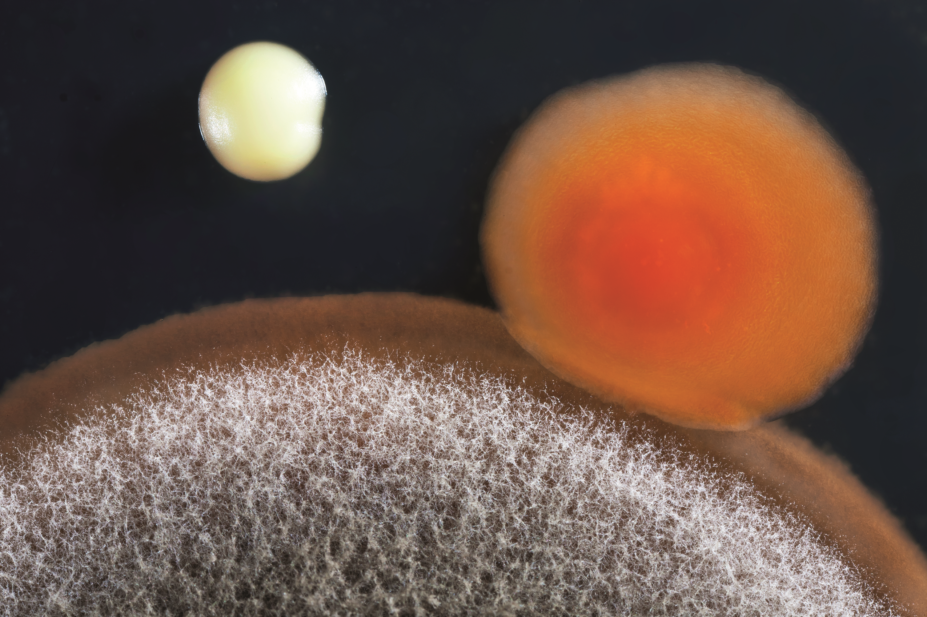
Shutterstock.com
A current strand of cancer research is to look for compounds that can inhibit the mitochondria, which are thought to be upregulated in some cancers.
Given that mitochondria are thought to have evolved from bacteria, a research team performed in silico and in vitro drug screening to identify candidates that inhibit the mitochondria in breast cancer cells and explored whether they might also have antimicrobial activity against six bacterial/yeast strains.
They found that three of the compounds explored were able to inhibit cancer stem cell propagation and also behaved as broad-spectrum antibiotics. This included two that were effective against methicillin-resistant Staphylococcus aureus.
Reporting in Oncotarget (7 July 2017), the team say that the findings could present a new way to develop antibiotics using cancer cells as a screening method[1]
.
References
[1] Ozsvari B, Fiorillo M, Bonuccelli G, et al. Mitoriboscins: Mitochondrial-based therapeutics targeting cancer stem cells (CSCs), bacteria and pathogenic yeast. Oncotarget 2017. doi: 10.18632/oncotarget.19084


